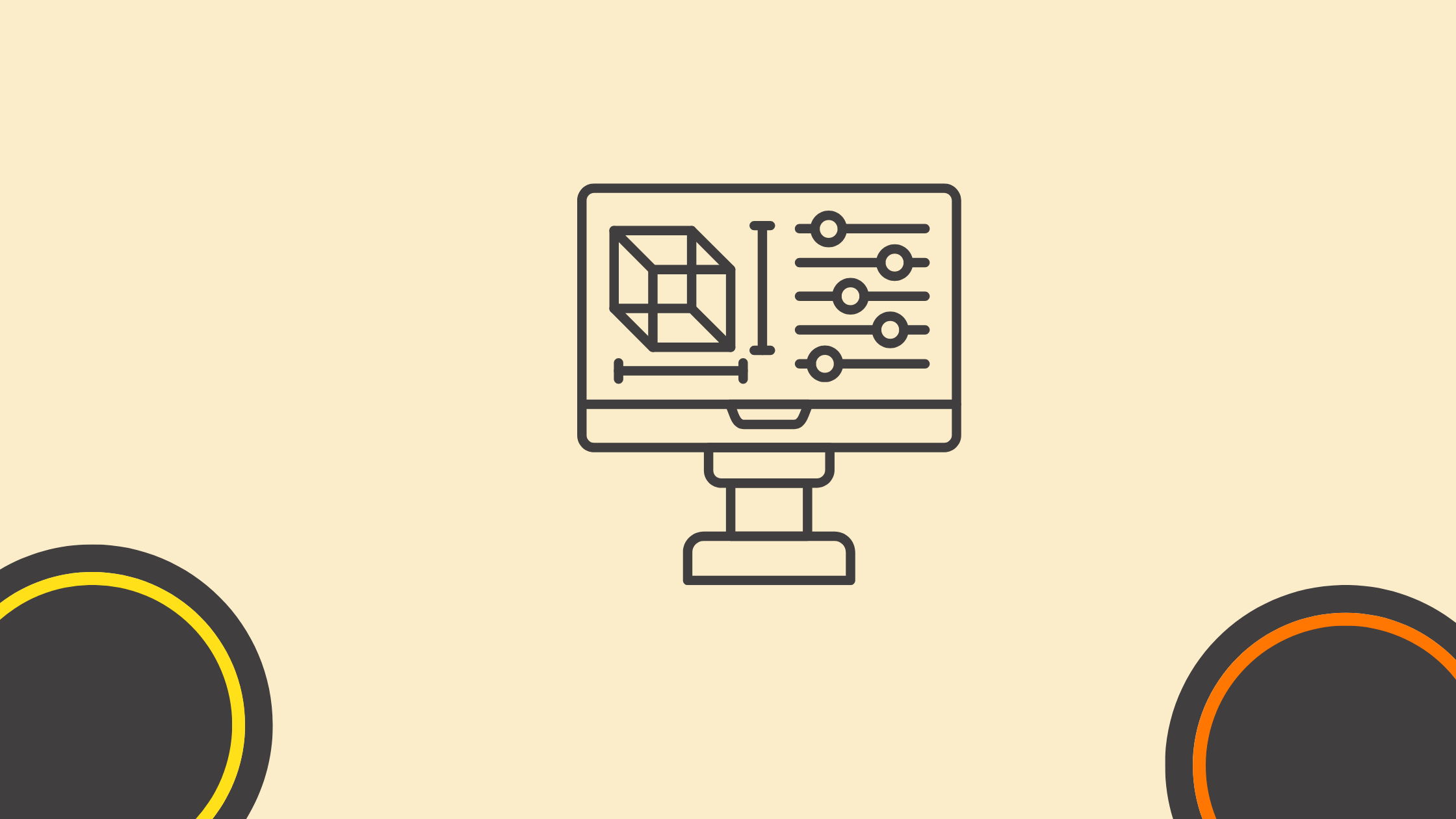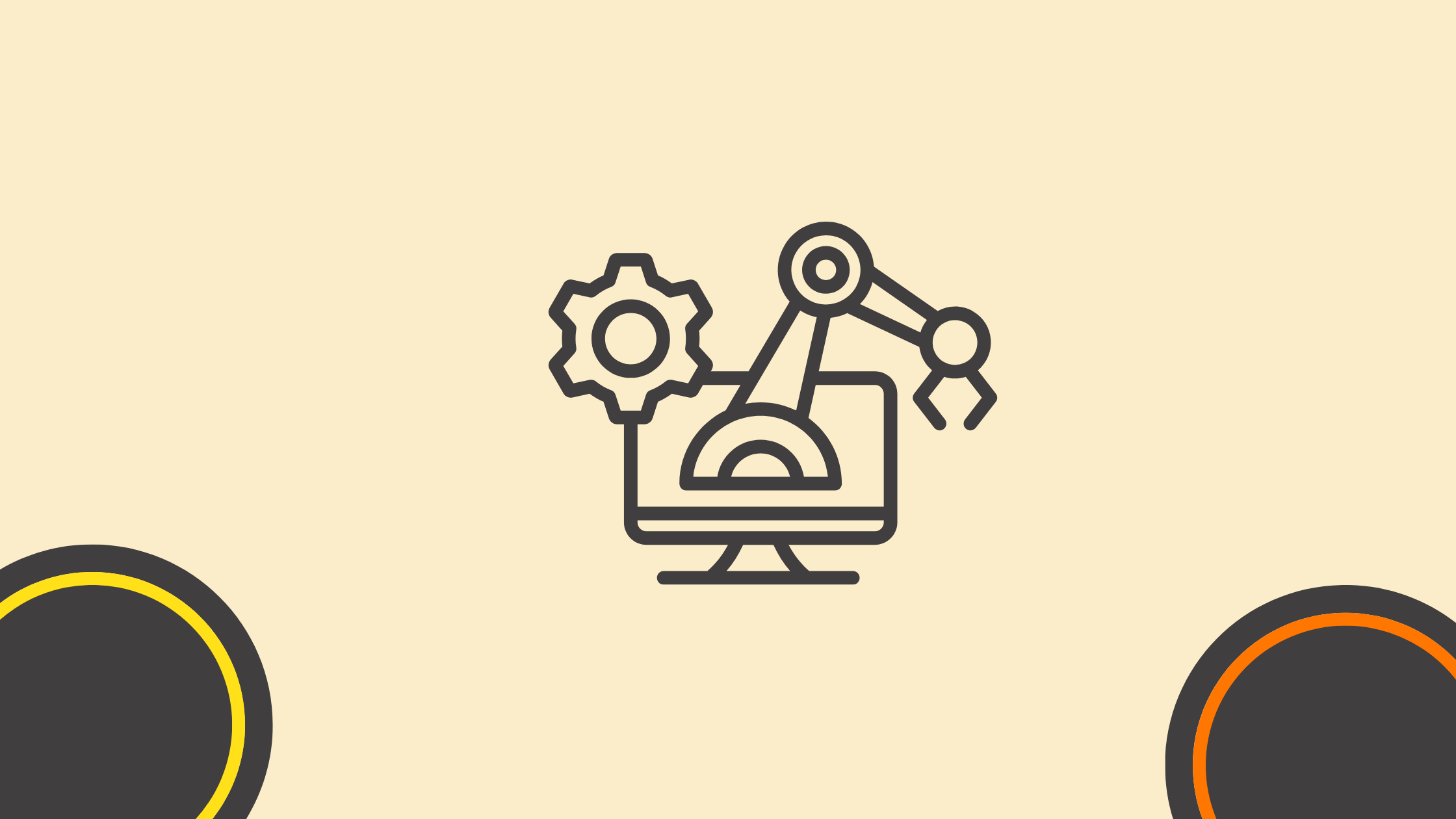Accelerating Engineering and Scientific Breakthroughs: How AI Physics Transforms Traditional Simulations

Simulations have long been a critical tool for predicting, testing, and analyzing complex systems in engineering and scientific research. From designing more aerodynamic vehicles to forecasting the effects of climate change, simulations allow researchers to explore possibilities without the need for expensive physical trials.
However, these traditional simulations often come with limitations, particularly when dealing with high-complexity systems, leading to high computational costs and extended processing times.
Enter physics AI, a groundbreaking approach that is poised to transform the landscape of simulations by speeding up processes, improving accuracy, and opening doors to previously unfeasible research.
Chapters
Physics AI: The Next Frontier in Simulations

Physics AI is a relatively new approach that leverages machine learning algorithms to enhance or even replace traditional physics-based simulations. Rather than relying solely on predefined equations, AI models learn from large datasets to predict how physical systems will behave. This allows them to make faster, more accurate predictions while reducing the need for computational power.
Among the most promising forms of physics AI are physics-informed neural networks (PINNs). These models combine deep learning with fundamental physics principles, allowing them to predict outcomes that adhere to known physical laws. Instead of replacing traditional models outright, AI can work alongside them, fine-tuning predictions and filling in gaps where standard methods fall short.
The Role of AI in Physics Simulations
AI has the unique ability to process vast amounts of data and extract patterns far beyond human capability. In simulations, this can dramatically improve accuracy, especially in systems where traditional equations struggle to keep up. AI can also simulate scenarios previously considered impossible due to their complexity, such as chaotic systems where small changes in input can lead to wildly different outcomes.
Transforming Engineering with AI-Enhanced Simulations
In industries like aerospace, automotive, and civil engineering, AI-enhanced simulations are making it easier to optimize designs in real-time. Engineers can now run hundreds or thousands of simulations in the time it once took to complete a single run. This allows them to test different variables, such as material types or environmental conditions, without the need for multiple prototypes.
In aerodynamics, for instance, AI can optimize airfoil designs by running simulations that adjust for drag, lift, and turbulence in real-time. The result is not only a faster design process but also more efficient vehicles that perform better under real-world conditions. This AI-driven feedback loop enables engineers to make data-driven decisions faster than ever before.
Predictive Maintenance and Failure Analysis
Another transformative application of physics AI is in predictive maintenance and failure analysis. Traditional methods for predicting when a machine or structure might fail often involve frequent physical inspections or highly complex simulations. AI can streamline this process by analyzing historical performance data and identifying patterns that indicate future failures.
For example, in civil engineering, AI-enhanced simulations can predict when the materials in a bridge are likely to wear out, allowing for preventive maintenance before any visible signs of degradation appear. This has enormous implications for industries like aviation, where safety is critical, and minimizing downtime is essential.
Revolutionizing Manufacturing Processes

In manufacturing, particularly in additive manufacturing (3D printing), physics AI is making it possible to optimize material strength predictions and manufacturing processes. Complex geometries that were previously impossible to simulate in real-time can now be analyzed and adjusted with the help of AI.
By simulating multiple scenarios and optimizing for specific material properties, engineers can fine-tune the manufacturing process, ensuring that each part produced meets the necessary specifications. This level of precision not only improves the final product but also reduces waste and speeds up production cycles.
Revolutionizing Scientific Research with AI Physics
AI is also proving to be a powerful tool in fundamental physics research. At facilities like the Large Hadron Collider, where vast amounts of particle collision data are collected, AI is helping to sift through the noise and identify meaningful patterns. This accelerates the discovery process by making it easier to simulate conditions at the quantum level.
Similarly, in cosmology, AI-enhanced simulations are helping scientists map the distribution of dark matter in the universe, a task that was once computationally overwhelming. These AI tools can also improve our understanding of high-energy physics by simulating particle interactions that were previously too complex to model with traditional methods.
Enabling Real-Time Climate and Weather Forecasting
One of the most impactful applications of physics AI is in climate and weather forecasting. Traditional models struggle to provide real-time predictions, particularly for extreme weather events like hurricanes or tornadoes. AI-assisted simulations, on the other hand, can provide much faster and more accurate forecasts.
By integrating real-time data with AI algorithms, meteorologists can adjust their models on the fly, improving prediction accuracy and giving governments and communities more time to prepare for natural disasters. This ability to simulate complex atmospheric systems in real-time is a major breakthrough for climate science.
AI in Drug Discovery and Biotechnology
In the field of biotechnology, physics AI is revolutionizing the drug discovery process by enabling simulations at the molecular level. Predicting how proteins fold, for example, is a critical step in understanding diseases and developing new treatments. AI can accelerate this process by simulating thousands of folding patterns in a fraction of the time it would take traditional methods.
During the COVID-19 pandemic, AI-enhanced simulations played a crucial role in speeding up the development of treatments and vaccines. By analyzing the virus’s structure, AI models were able to predict how potential drugs would interact with the virus, helping researchers focus on the most promising compounds.
Conclusion
Physics AI is not just a buzzword—it’s a transformative technology that has the potential to revolutionize both engineering and scientific research. By accelerating simulations, reducing costs, and improving accuracy, AI is opening up new possibilities that were previously out of reach. As we continue to refine these technologies, the future of simulations looks brighter than ever, offering unprecedented opportunities for innovation and discovery across multiple fields.
Other Interesting Articles
- AI LinkedIn Post Generator
- Gardening YouTube Video Idea Examples
- AI Agents for Gardening Companies
- Top AI Art Styles
- Pest Control YouTube Video Idea Examples
- Automotive Social Media Content Ideas
- AI Agent for Plumbing Business
- Plumber YouTube Video Idea Examples
- AI Agents for Pest Control Companies
- Electrician YouTube Video Idea Examples
- AI Agent for Electricians
- How Pest Control Companies Can Get More Leads
- AI Google Ads for Home Services
Master the Art of Video Marketing
AI-Powered Tools to Ideate, Optimize, and Amplify!
- Spark Creativity: Unleash the most effective video ideas, scripts, and engaging hooks with our AI Generators.
- Optimize Instantly: Elevate your YouTube presence by optimizing video Titles, Descriptions, and Tags in seconds.
- Amplify Your Reach: Effortlessly craft social media, email, and ad copy to maximize your video’s impact.